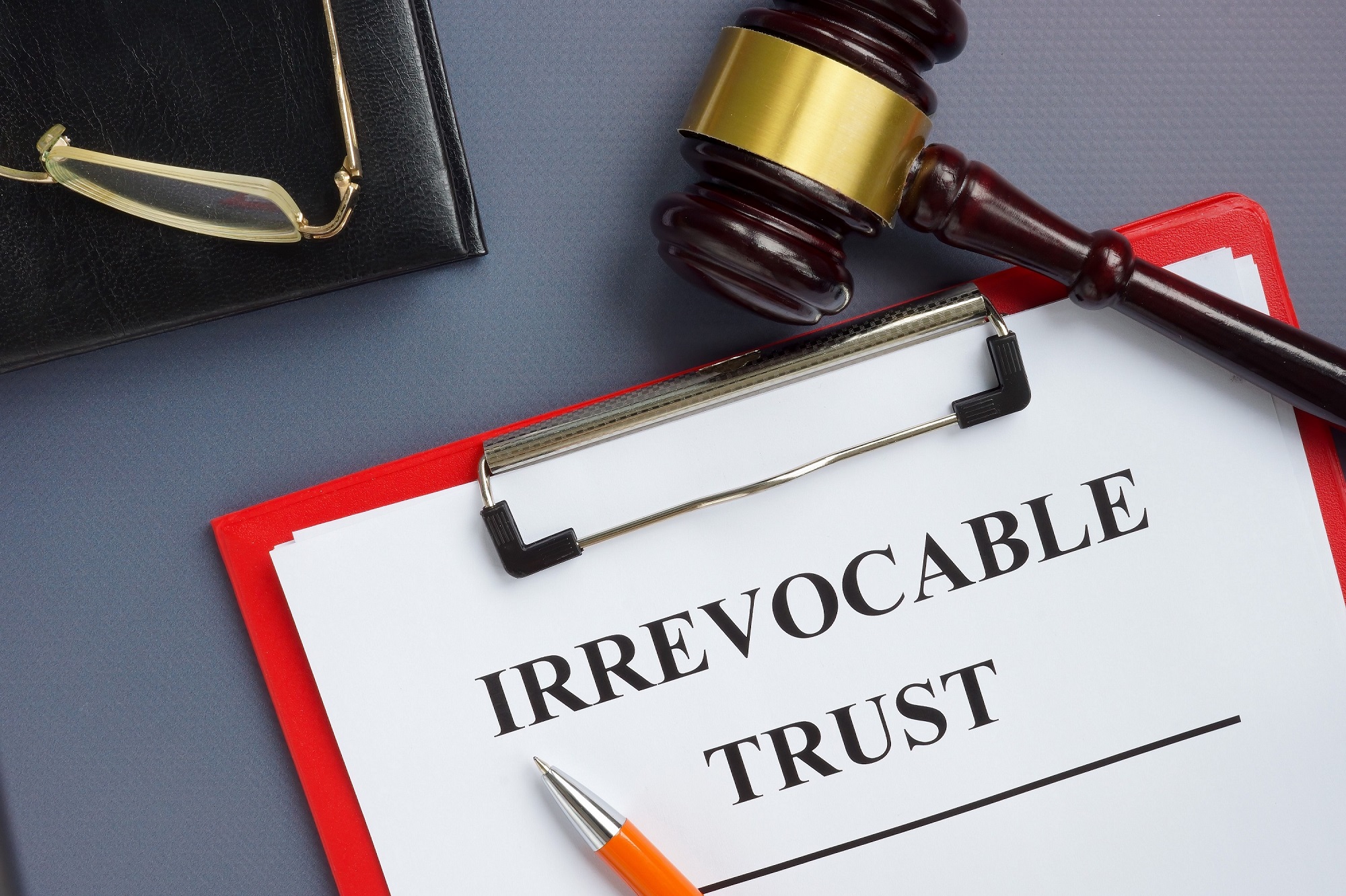Are Conversations from Beyond the Grave Admissible in Estate Litigation?

Following our post about vampire blogs, as the calendar turns to October and we approach Halloween, we’ll take a quick look at another other-worldly topic: how the decedent’s voice is admissible in estate litigation from beyond the grave.
Parties and other witnesses in estate litigation will frequently rely on or reference conversations they claim to have had with the deceased; and the attorney who drafted the document at issue, such as the decedent’s will or trust, is often viewed as a critical witness. But these realities raise some basic questions. Isn’t the witness’ statement about what the decedent supposedly said a classic case of hearsay? And aren’t the attorney’s communications with the decedent, who was, after all, his or her client, protected by the attorney-client privilege?
Answering the second question first, communications between the decedent and the attorney who drafted the will may be privileged, depending on the context. The executor or administrator of the decedent’s estate would have the ability to assert the privilege and prohibit the attorney from disclosing the communication. However, there is an exception to the attorney—client privilege when the communication is relevant to a dispute involving parties who claim through the decedent. Thus, in estate litigation, where parties are arguing over their respective interests in the decedent’s estate, the attorney-client privilege will not protect communications made between the decedent and the attorney who prepared the estate plan.
As for hearsay, communications relevant to estate litigation frequently involve the decedent’s state of mind or intent, and these types of communications often are admissible through exceptions to the rules disallowing hearsay. Just because a statement is admissible, however, does not mean the court will necessarily credit it, so it may be important to have corroboration of the statement, such as documentation or multiple witnesses. And, many statements are subject to a higher burden of proof under New Jersey’s “dead man’s statute,” which requires “clear and convincing evidence” of any statement or act of the decedent that is part of any claim asserted against the decedent’s personal representative, or part of the defense to a claim brought by the personal representative. What satisfies the clear and convincing standard varies on a case-by-case basis.
If you have any questions about this post or any other related matter, please email one of our estate planning and administration attorneys.



